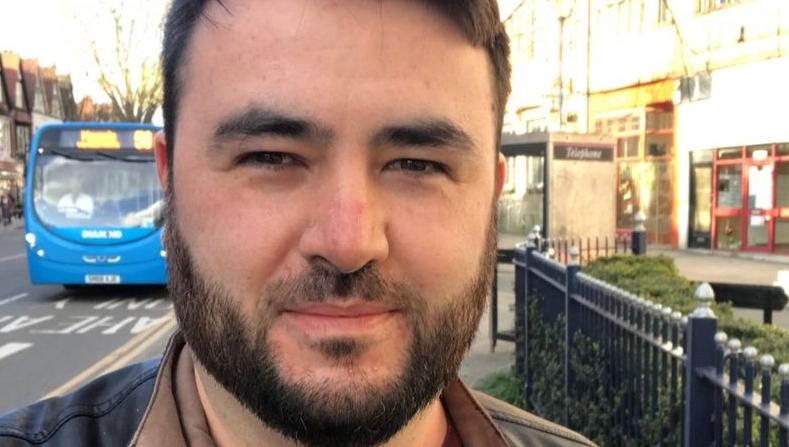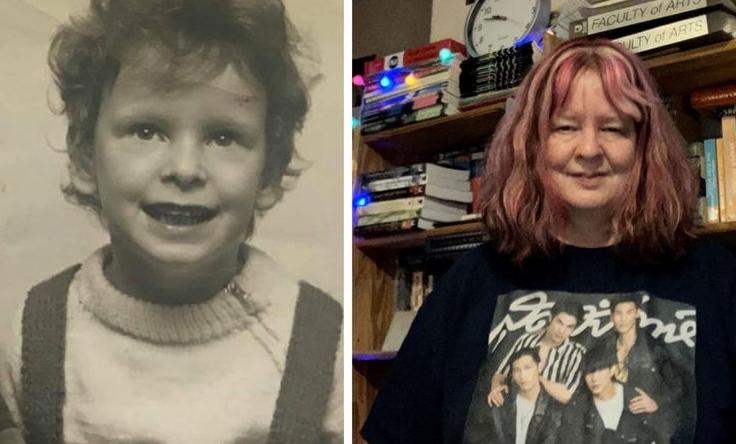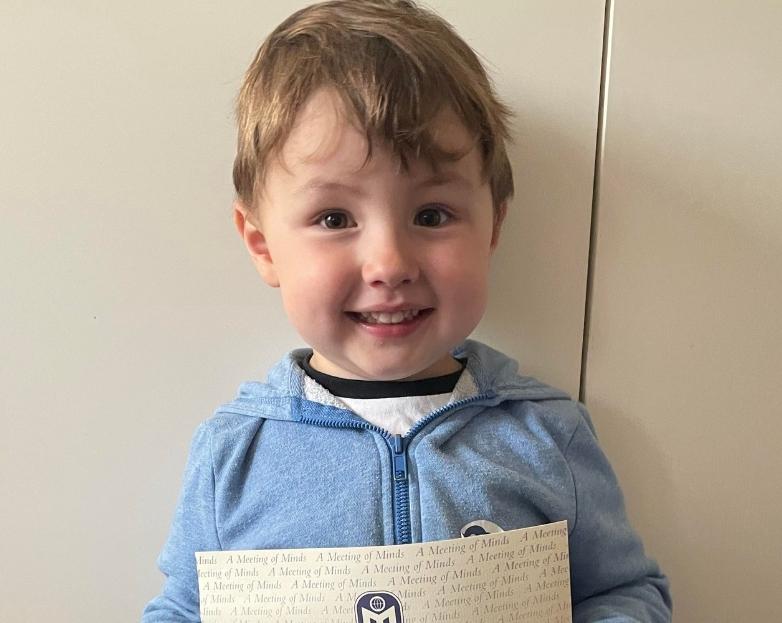A 4-year-old boy made news last week by becoming the UK’s youngest member of Mensa, the international society for individuals with extremely high IQs. Teddy, who can count up to 100 in six different languages including Mandarin, is already significantly ahead of his peers.
But what becomes of children like Teddy as they grow up?
Two decades ago, Christopher Guerin was in a similar situation to Teddy. He was named the UK’s smartest child at age 12 in 2002, surpassing thousands of other children.

“It was completely unexpected by my family and me,” says Guerin, now 32 years old. “My face was plastered in newspapers and on the BBC website.”
With an IQ of 162, he was already a member of Mensa, joining the organization after witnessing Lisa Simpson join, in an episode of “The Simpsons.”
Mensa has 140,000 members globally and admits individuals who score in the top 2% of the general population on an intelligence assessment.
The organization describes itself as “the world’s premier high IQ society,” offering its members a community for individuals with similar interests to socialize, intellectually develop, and participate in stimulating activities.
Guerin’s victory presented numerous opportunities for him, including an invitation to watch his favorite team, Aston Villa, play with the club’s president and a complimentary trip to Ireland, funded by the Irish Tourist Board. His parents were of Irish descent.
Guerin’s surroundings had high expectations for his success and he did not find it negative, instead it motivated him.
“I personally responded positively to that,” he says. “I believe that even if I hadn’t won, I would have still aimed to excel in what I was doing, but it definitely provided additional motivation. I attended a state primary school where academic competitiveness was part of the school’s culture, so it was a very supportive environment and most people had a positive reaction.”
Britain’s Smartest Kid has earned three Master’s degrees, including one from Cambridge, and is currently pursuing a PhD. He works as an assistant principal at a high school, where he utilizes his experience to inspire his students.
“I’ve conducted discussions on how to maximize opportunities,” says Guerin, who got married a few months ago. “It doesn’t have to be exams or academics, but whatever you are passionate about, it is a great idea to pursue it.”
Home schooling
Arran Fernandez, 27, was another talented child and reports that he also did not experience any extra pressure. He was 15 years old when he enrolled at Cambridge University to study Mathematics, making him the youngest student at the university since 1773. At 18, he became the university’s mathematical champion.
Fernandez, who was homeschooled, says:
“My [university] experience was definitely not typical, but I don’t feel like I missed out either. Each experience has its own uniqueness. Socially, I have never been concerned about comparing my age to others, so I didn’t feel any different from my peers due to my young age. Starting university for the first time is a life-changing experience for everyone, whether they are 15 or 18.”
Fernandez, who is now an Associate Professor of Mathematics at the University of the Eastern Mediterranean in Northern Cyprus, says that he always strives to do his best in his work, driven by personal satisfaction rather than external pressure.
“I found that people generally had high expectations of me, thinking I must be a ‘genius’ because of my age. However, I didn’t let outsiders’ perceptions or expectations affect my psychology or put undue pressure on me.”
He claims that he doesn’t like the term “genius kid”.
“I am not a genius, I am someone who had exceptional educational opportunities and was able to make the most of them.”
He states that the opportunities and support he received do not make him superior to others and instead, they have motivated him to pay it forward by trying to assist others in achieving similar chances and accomplishments.
Of course, having a gift as a child doesn’t guarantee things will always go smoothly.
Working life of adults

Jocelyn Lavin, who was musically talented from a young age and was admitted to the prestigious Chetham School of Music in Manchester, says being considered a child genius did not have a negative impact on her upbringing.
However, she notes that in professional settings, people can sometimes have fixed expectations and not appreciate deviance from the norm.
“They don’t appreciate it when you have your own unique perspective and approach.”
Lavin has held various jobs, including as a teacher and secretary, and recently applied for her “ideal position.”
“I highlighted in the application that I have strong investigative skills and I was confident I could perform the job well.”
“However, in their response to my application, they stated that my answers on the form were not what they were seeking for the position, which made me feel like my skills were hindering me in my job search.”
Those of us who weren’t genius kids needn’t worry.
Education journalist Wendy Berliner states that for adults who exhibit exceptional qualities, it is often due to character traits such as determination, drive, and curiosity. She says that support is crucial: people who attain high levels of success often have someone who provides them with encouragement and support.
Raising a Mensa child can be ‘exhausting’

Lyn Kendall, Mensa’s gifted consultant, states that the organization’s children are highly motivated and have a strong “desire” to learn.
According to Kendall, Mensa operates a support group for parents of gifted children, which currently includes around 300 families. She also states that parenting a child in Mensa can be challenging, as it can be both “overwhelming and frustrating” and can sometimes lead to strained relationships.
Berliner emphasizes that parents of children who they believe are gifted should avoid viewing the child as a means of enhancing their own reputation. Instead, she advocates for fostering a sense of comfort and happiness in the child as the top priority.
And many parents are likely in a similar situation currently.
After Teddy gained attention for his high IQ, Kendall received 38 emails from parents of 3- and 4-year-olds seeking assistance. They said: “We have one like that.”



